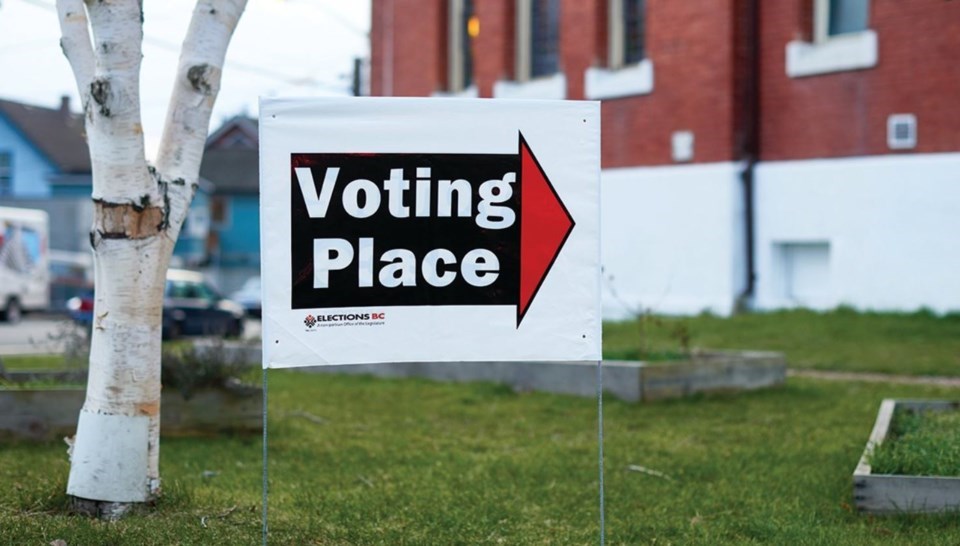It’s a safe bet that many of the top political stories in B.C. in the coming year will resemble those that dominated 2023: the endless housing crisis, affordability issues, the drug crisis, public safety and health care.
But 2024 will feature a potentially explosive story that has the potential of fracturing the political landscape in ways we only see every 20 years or so.
I’m referring to this year’s provincial election, which is set for October, but which could be called at any time if Premier David Eby wants to roll the dice early (he says he won’t).
The so-called “free enterprise coalition” formed the B.C. government for more than 50 of the last 70 years. But it has had to be re-created a few times while out of power and that is what we are witnessing right now.
The Social Credit party’s majority win in 1953 marked its creation. The NDP’s first-time victory in 1972 forced the Socreds (as they were known) to re-create themselves by recruiting three B.C. Liberal MLAs and one Progressive Conservative MLA into their ranks to form a rebirthed coalition and regain power three years later.
The Socreds ultimately fell apart in the 1991 election, and it took 10 years for its de facto replacement as the free enterprise coalition — the B.C. Liberal Party — to once again capture government.
And now that coalition has fallen apart again. The question is, can it regroup in time for this year’s election? Right now, it looks like that is going to be a monumental challenge, which is great news for the NDP.
The coming year will likely be dominated by the rising and falling fortunes of the NDP’s two main opponents: the B.C. Conservative Party and the B.C. United Party.
Every poll over the next few months will be heavily scrutinized by all parties. If the two alternatives to the NDP continue to show a serious split amongst center-right voters, pressure will build throughout the coming year to either merge or come to some sort of arrangement.
Frankly, I think that will be difficult to do.
For starters, the B.C. Conservatives are adopting much more right-wing policies than many B.C. United MLAs likely feel comfortable with (scrapping SOGI in schools, demanding Dr. Bonnie Henry be fired, demanding certain books in schools be removed, invoking the notwithstanding clause to go after drug users etc).
Then there are the egos involved. B.C. Conservative leader John Rustad seems to relish the animosity he creates among his former colleagues in the B.C. United caucus, and B.C. United leader Kevin Falcon simply doesn’t believe things are as bad as the polls suggest and thinks the B.C. Conservatives are little more than a political mirage.
The business community — traditionally the supporter and funder of the free enterprise coalition — has in the past put pressure on diverse political interests to stick together to keep the NDP at bay.
But those days are over because the NDP government was quick to ban corporate financial donations to political parties.
So while the usual issues — housing, health care, affordability etc. — will continue to dominate the headlines in 2024, look for one issue to get bigger and bigger as the year goes on.
No matter when the election is actually held, the campaign has essentially begun. And unless one of its political opponents can decisively stamp out the other (or unless they merge) the NDP will look increasingly comfortable as a potential third term in government comes into view.
Keith Baldrey is chief political reporter for Global BC.




